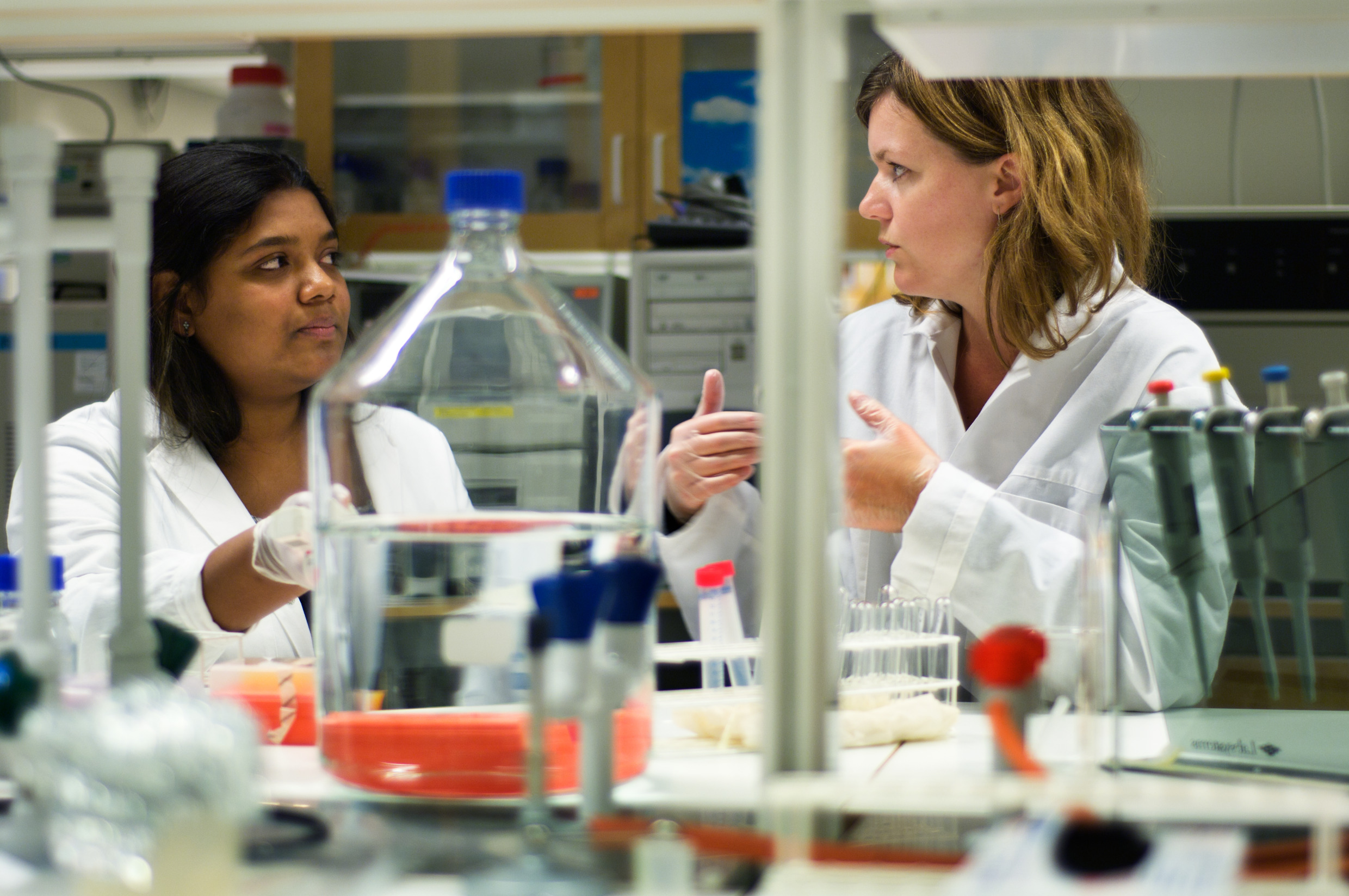Goal 1: The labour market of the future must promote economic equality between the genders in the Nordic Region
Historically, gender equality has been central to the development of the strong welfare societies that exist in the Nordic Region. High employment rates among both men and women and good gender-equality policy investments have helped make the Nordic labour markets among the most gender-equal in the world.
However, Nordic education systems and labour markets remain both horizontally and vertically gender segregated, with men overrepresented in leadership positions and both men and women considerably under and overrepresented respectively within the traditionally gendered professions. In addition, Nordic labour markets are still characterised by unequal pay and women are still more likely than men to be working part time. Unpaid care work also continues to be disproportionately carried out primarily by women, and women still take the lion’s share of parental leave.
The green transition of the Nordic societies and labour markets is of particular relevance here, as there is a risk that existing inequalities will be exacerbated unless an active effort is made to ensure that the transition is fair and equal. The gender-segregated labour market must not become a barrier to the green transition as all talents will be needed in order to develop good solutions.
Legislation in the Nordic Region affords good protections to LGBTI people against discrimination both within and outside of the labour market, and many companies in the Nordic Region work actively to boost inclusion and diversity. Even so, many LGBTI people still experience prejudice, discrimination and harassment in the education system and at work. This results in fewer opportunities and lower levels of well-being at work, as well as greater levels of economic vulnerability among young LGBTI people in particular, and lower incomes amongst trans people compared with cis people.

Unpaid care work continues to be disproportionately carried out primarily by women, and women still take the lion’s share of parental leave.